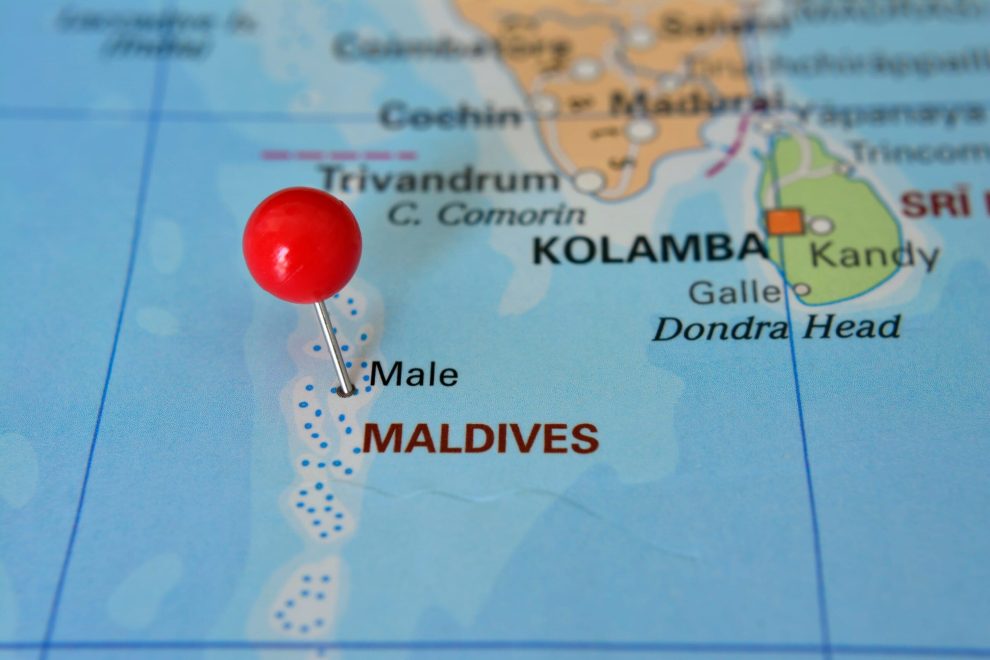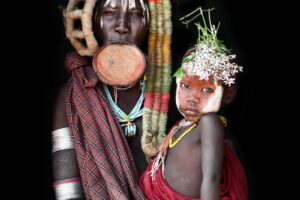The Maldives, officially known as the Republic of Maldives, is a tropical island nation located in the Indian Ocean. Comprising 26 atolls and over 1,000 coral islands, it is renowned for its stunning white-sand beaches, crystal-clear waters, and vibrant marine life. With Malé as its capital and largest city, the Maldives has a unique geography, with the highest point being just a few meters above sea level.
The Maldives has a rich cultural heritage influenced by South Asian, Arab, and African traditions. Dhivehi is the official language, and Islam is the state religion. Tourism is a crucial economic sector, attracting visitors from around the world to enjoy its luxurious resorts, water sports, and underwater activities such as diving and snorkeling.
However, the Maldives faces environmental challenges due to rising sea levels and climate change. The country has been a vocal advocate for climate action on the international stage, highlighting its vulnerability to the impacts of global warming.
In terms of governance, the Maldives is a presidential republic, with a President as the head of state and government. Its political history has seen shifts between authoritarian and democratic rule. The Maldives gained independence from British colonial rule in 1965 and has since developed as a unique and picturesque nation with a blend of natural beauty and cultural diversity.



















Add Comment